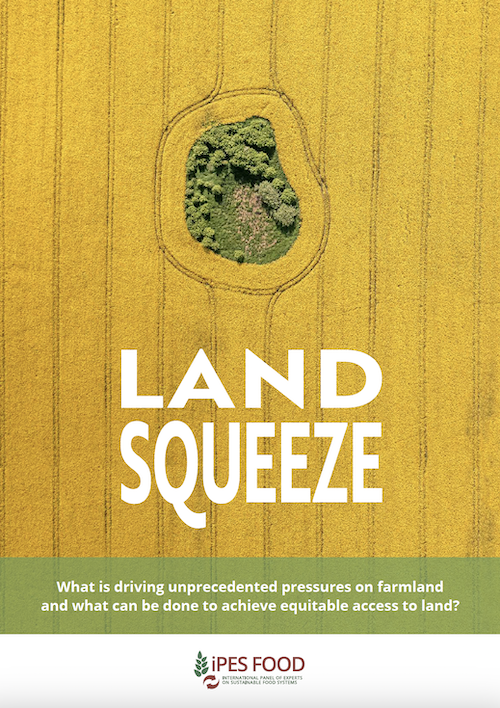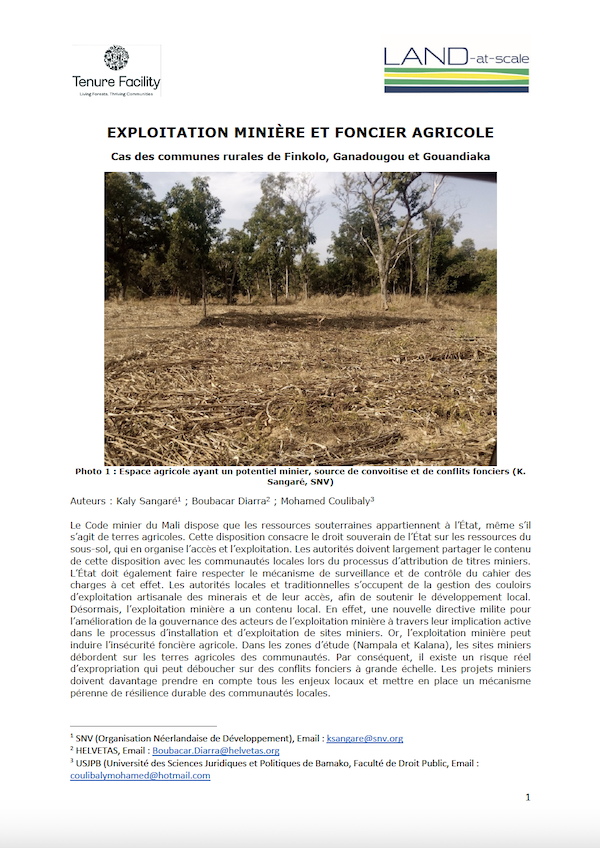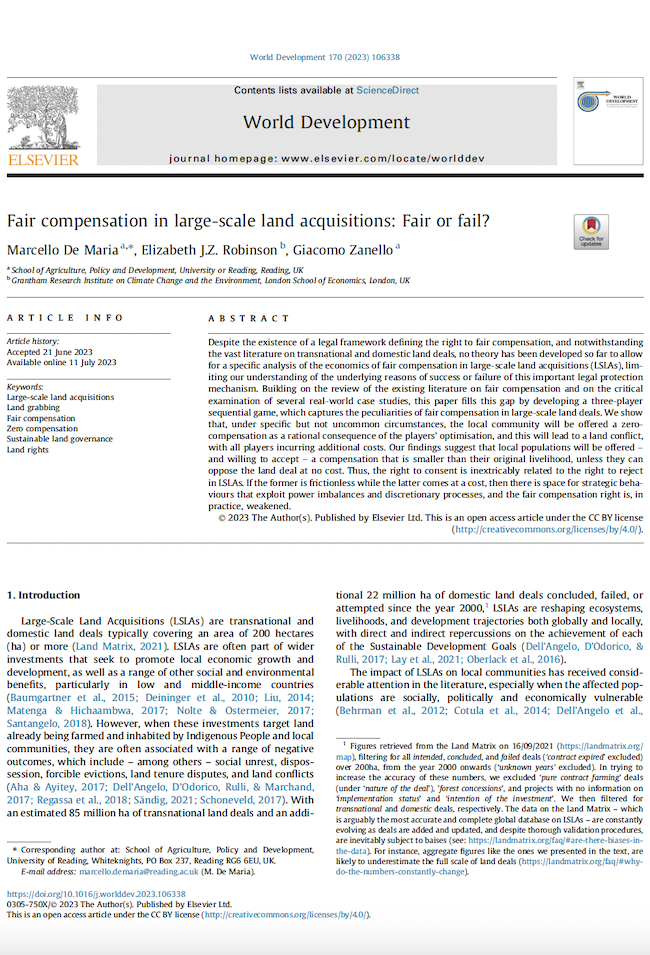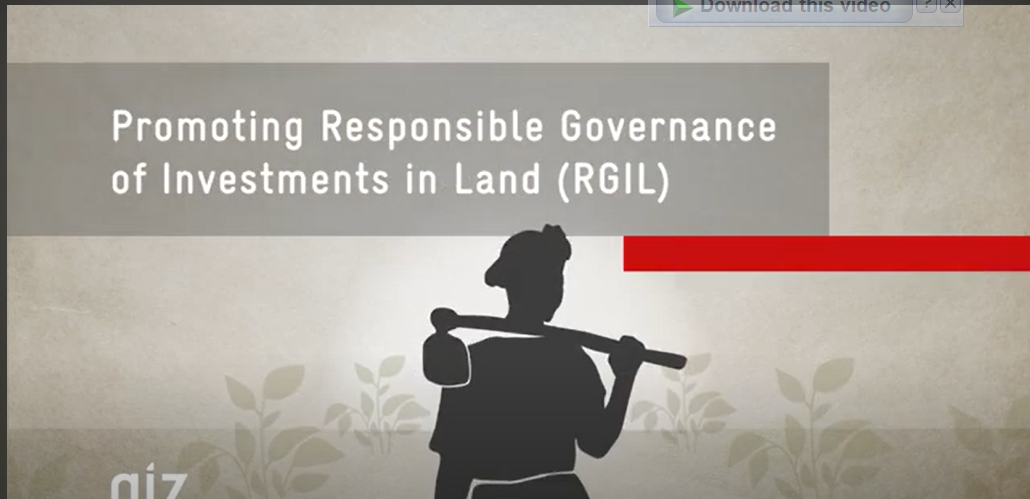Land Squeeze
Land is critical to the lives, livelihoods, and food security of millions of people across the world. But a series of unprecedented pressures on global farmland are now accelerating and converging. This land squeeze is driving a surge in land inequality, rural poverty, and food insecurity – and risking a tipping point for smallholder agriculture.












